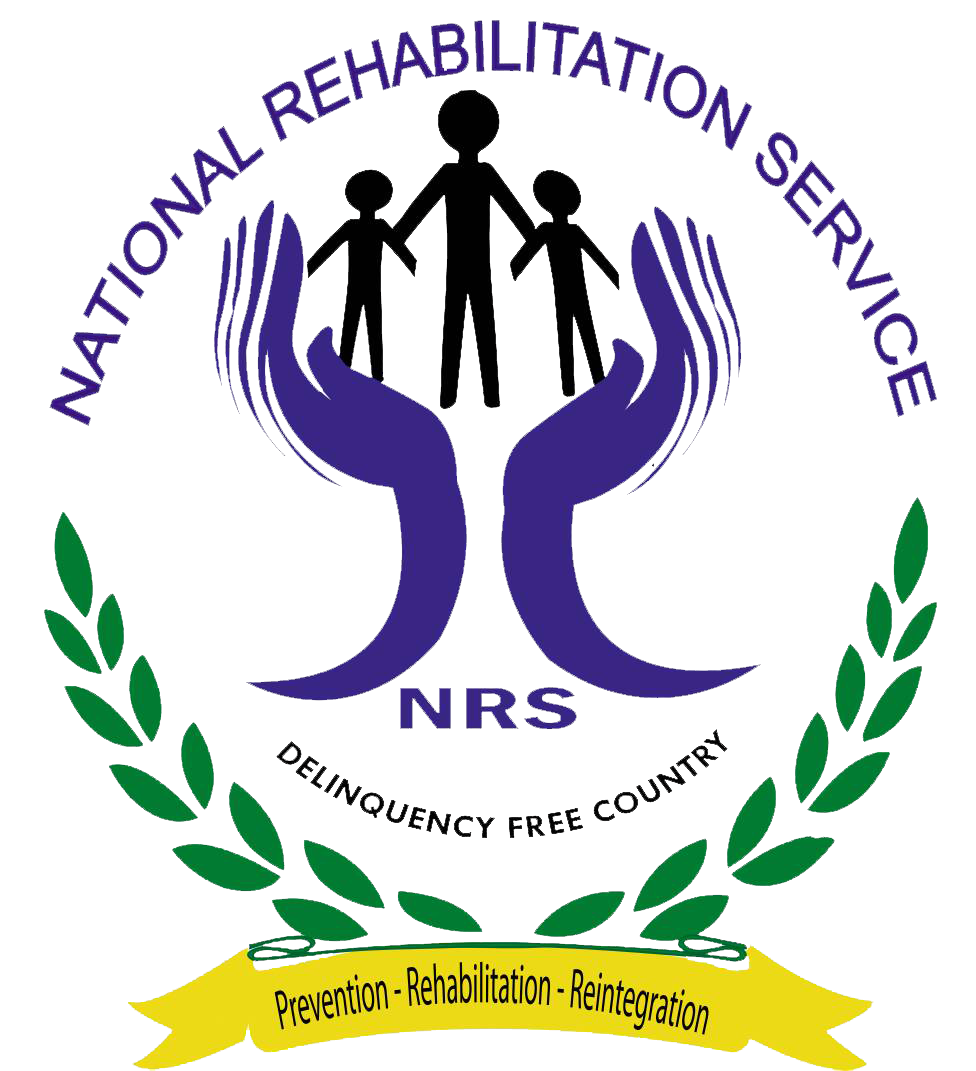Effects of Delinquency
Delinquency is like a “double edged sword that hurts two at once”. It not only hurts one’s community and country but also leaves significant impacts to the life of the delinquent themselves. In fact, not until one recovers from delinquency, a delinquent life is a simply a “wasted life”. The section below highlights some of the key consequences of conducts of delinquency to the individuals themselves but also the entire community and country at large;
Health implications: Drugs, due to their chemical structures, can affect the body in different ways, resulting into temporally or permanent physical and mental impacts to the victim. Most of the abused drugs directly or indirectly target the brain’s reward system, flooding the circuit with dopamine, a neurotransmitter present in regions of the brain that regulate movement, emotion, cognition, motivation, and feelings of pleasure. When drugs enter the brain, they can actually change how the brain performs its jobs, leading to compulsive drug use, the hallmark of addiction . Persistent abuse of drugs both oral and injected can result into weak immune system, cardiovascular conditions including heart attacks, further, use of drugs can result into liver failure, seizures, stroke and widespread brain damage affecting memory, attention and decision-making, sustained mental confusion and permanent brain damage. Indulgence in reckless acts of delinquency such as prostitution may also lead to sexually transmitted diseases such as HIV/Aids.
Socio-economic impacts: An individual’s involvement in anti-social and or criminal behaviours such as prostitution, drug abuse among others especially in the African community setting tarnishes their families’ image amongst members of the society, since the trademark behaviours of a delinquent are attributed to the entire family. In extreme cases, the delinquent but also their other family members may be socially discriminated, tagged social misfits and vulnerable to social stigma and deprivation of social ties such as intermarriages. Further to the challenge to cope with the violent member, the delinquent’s family has an obligation to solicit resources to meet associated expenses including but not limited costs of legal representation if a delinquent is brought to justice, health care costs among others. On that note, Substance abuse can drain a family’s financial and emotional resources (Bureau of Justice Statistics, 1992).
The productive capacity of a delinquent keeps falling drastically as their mental and or physical strength is compromised. Health problems resulting from drug abuse and associated mental disorders retards one’s ability to search for and engage in productive employment since the victims are preoccupied by drugs and violence related to drug use. When a delinquent is placed into a rehabilitation of detention facility, there are no longer socially or economically productive. The foregone economic returns as well as the cost of replacing resources destroyed by a delinquent makes their average productivity close to negligible.
Delinquency carries a high cost to society and the country as a whole, measured in terms of; anti-delinquency campaigns (prevention), cost of correctional services (incarceration and detention), rehabilitation and mental health care costs and reintegration costs. Regarding rehabilitation, Frw 250.6 million was allocated to Gitagata(2014/2016) while Frw 1.3 billion was allocated to the implementation of IWAWA Master Plan (MYICT, 2015/16 FY). This much would have served to finance other productive ventures with immediate returns.
